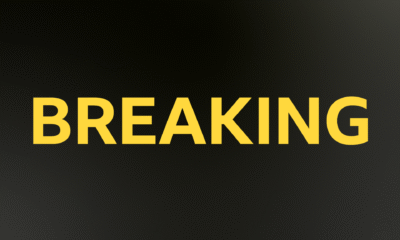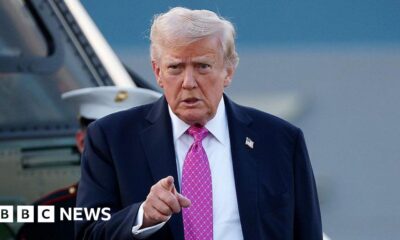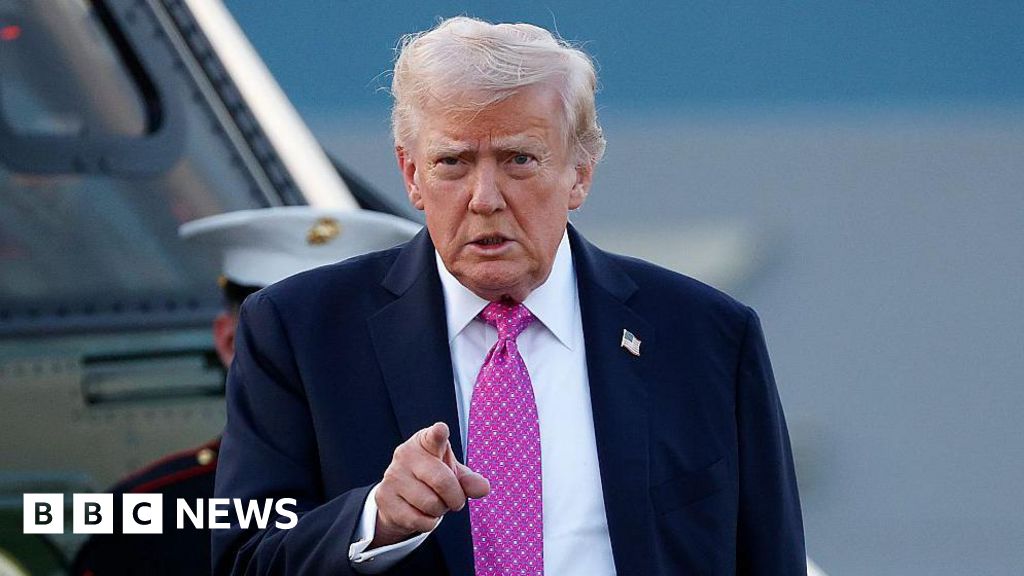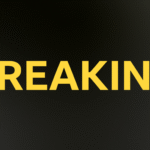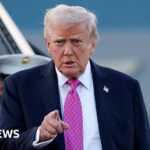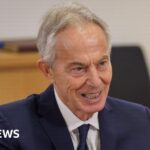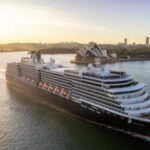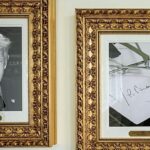The new tariffs could impact major producers of branded pharmaceuticals – including the UK, Ireland, Germany, Switzerland and Japan.
On Friday, Ireland’s Trade Minister, Simon Harris, said that a recent EU agreement with the US which meant any tariffs on pharmaceuticals would be capped at 15% remains the case after Trump’s announcement.
“I want to stress that the EU and US joint statement issued on 21 August made absolutely clear that any new tariffs announced by the US on pharmaceuticals would be capped at 15% for pharma products being exported by the EU,” he said.
The UK exported more than $6bn (£4.5bn) worth of pharmaceutical products to the US last year, according to the United Nations.
A UK government spokesperson said: “We know this will be concerning for industry, which is why we’ve been actively engaging with the US and will continue to do so over the coming days.”
Jane Sydenham, investment director at Rathbones, said speculation over tariffs for pharmaceuticals meant the sector had endured a “rollercoaster ride” over the past few months.
“The pharmaceutical sector in terms of share prices has been under pressure for quite some time both in the UK and the United States and Europe so nobody likes uncertainty and that’s been keeping a cloud over the sector for a while,” she told the BBC Radio 4’s Today programme.
However, Neil Shearing, chief economist at Capital Economics, said the tariff announcements were “not quite as big a move as it appears at first sight”.
This was due to the exemptions available to generic drugs and to those firms building factories in the US.
“Many of the world’s largest pharmaceutical companies either already have some production in the US or have announced plans to build production in the near future,” he said.
The tariffs on heavy trucks would protect US manufacturers from “unfair outside competition” and that the duties would help lift American companies such as Peterbilt and Mack Trucks, Trump said.
These firms “will be protected from the onslaught of outside interruptions”, he wrote.
The new levies on kitchen and bathroom cabinets, as well as some other furniture, were in response to high levels of imports, which hurt local manufacturers, the president said.
He added that the US would start charging a 30% tariff on upholstered furniture from next week.
The new duties came as Trump expands his tariff policies, which have been a key feature of his second term in the White House.
Trump’s sweeping tariffs on more than 90 countries came into effect in early August, as part of his policies aimed at boosting jobs and manufacturing in the US, among other political goals.
He previously imposed sector-specific tariffs on steel, copper, aluminium, cars and vehicle components.
Earlier this year, the US Chamber of Commerce urged the White House to not introduce new tariffs, arguing that many parts used in truck production are sourced “overwhelmingly” from countries like Mexico, Canada, Germany, Finland and Japan.
The organisation added that these countries are “allies or close partners of the United States posing no threat to US national security.”
Mexico and Canada are among the biggest suppliers of parts for medium and heavy-duty trucks, accounting for more than half of total US imports in the sector last year, said the chamber.
It warned that it was “impractical” to expect many of these parts to be sourced domestically, resulting in higher costs for the industry.
The new tariffs favour domestic producers but are “terrible” for consumers as prices are likely to rise, said trade expert Deborah Elms from research firm Hinrich Foundation.
The levies would cover more products at higher rates than Trump’s reciprocal tariffs, which were aimed at correcting trade imbalances with other countries.
These industry-specific import taxes could serve as a back-up plan to secure revenues as Trump’s sweeping duties on global trading partners are being challenged in court, said Ms Elms.





